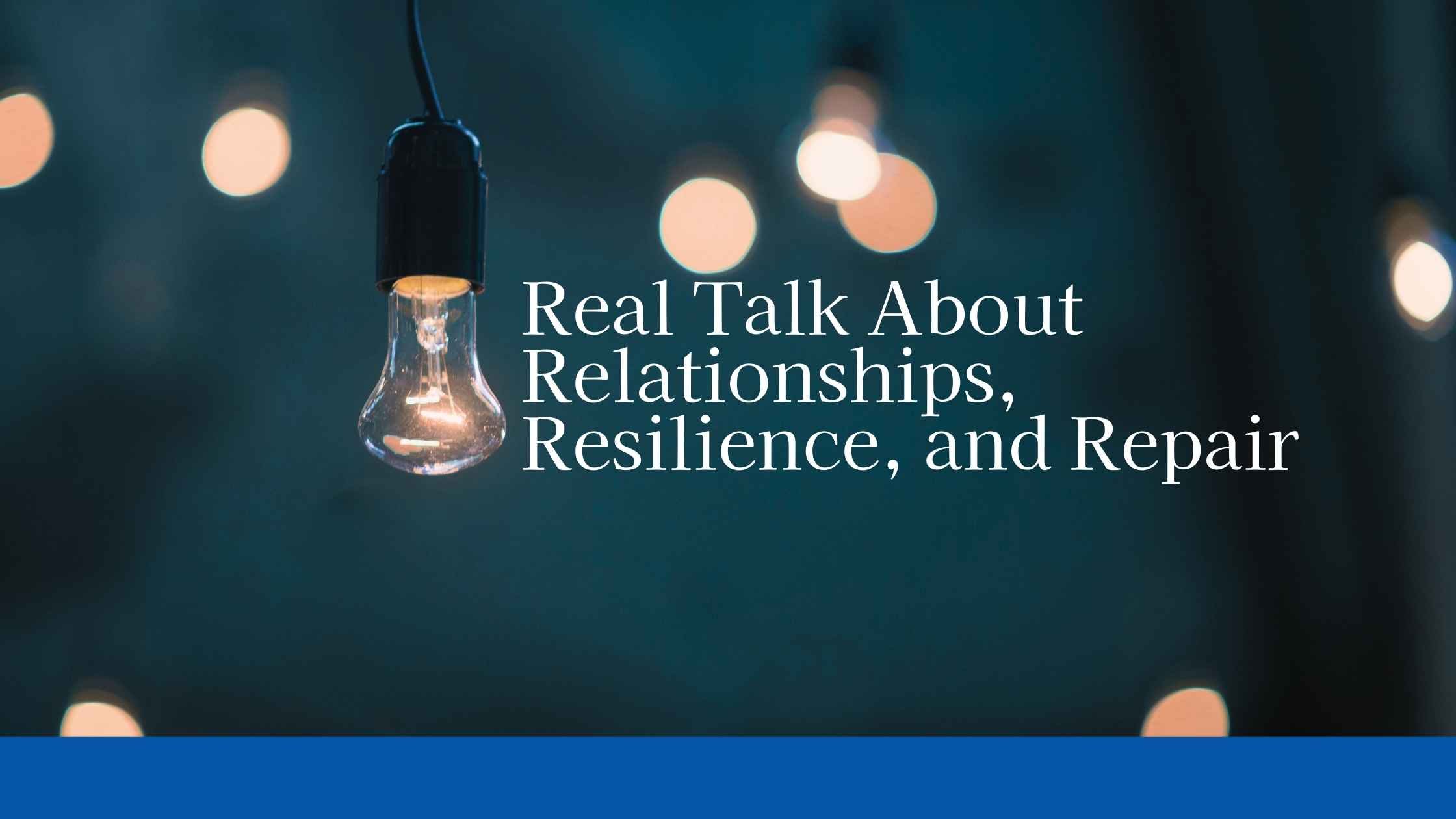
Blog

The Cost of Over-Attunement: When Betrayed Partners Forget Their Own Needs
Betrayed partners often over-attune to their spouse’s emotions and recovery work while neglecting their own healing. This post explores how differentiation helps you reconnect with your truth without fear of further loss.

How to Help an Anxious Loved One Without Fueling Their Fears
Supporting someone with anxiety can be tricky—how do you help without reinforcing avoidance or fear? In this post, we explore practical, loving ways to be there for your anxious loved one while protecting your own well-being and promoting growth.

When One Partner Has Low Desire: How to Move From Stuck to Curious
Desire differences are common—but they don’t have to divide you. This post explores what causes low desire and how couples can move from pressure and pain to compassion, understanding, and reconnection.

When Thoughts During Sex Are About Survival, Not Pleasure
Sometimes, thoughts during sex aren’t about intimacy—they’re about surviving the moment. If you’ve experienced disconnection, fear, or pressure during sexual intimacy, this blog explores why that happens and how sex therapy can help you find your way back to safety and pleasure.

What Is Micro-Consent?
Micro-consent is the practice of checking in with yourself and your partner every step of the way. In this post, we explore how it helps rebuild trust, create safety, and support healing—especially after trauma, shame, or sexual pain.

Healing Intimacy After Trauma: How Sex Therapy Can Help You Reconnect
Trauma can make intimacy feel out of reach—but it doesn’t have to stay that way. In this post, we explore how trauma affects connection and how therapy can help couples heal and rediscover closeness.

Why You Can’t White-Knuckle Your Way Through Recovery
White-knuckling through sex addiction recovery might seem strong, but it rarely leads to lasting change. This post explores why willpower alone isn’t enough—and what real healing requires instead.

The Shame Cycle and How to Interrupt It
The shame cycle can quietly pull you back into old patterns of secrecy and self-sabotage. This post explains how shame operates—and how to interrupt it with truth, grounding, and support.

What Does Sexual Integrity Actually Look Like?
Sexual integrity isn’t about perfection—it’s about alignment. This post explores what it looks like to live honestly, repair when needed, and walk in recovery with intention and care.

When Disclosure Is the Next Right Step
When secrets have damaged trust, full therapeutic disclosure can help couples begin to heal. Learn what the process involves and how it supports lasting repair.

Modes in Schema Therapy: Understanding the Inner Cast of Characters
Modes are emotional parts of you that show up in everyday life. Learn how schema therapy helps you recognize, understand, and care for these inner roles with compassion.

When One Partner Grows and the Other Doesn’t: The Shifts Recovery Brings
When one partner is actively growing in recovery, it can create strain if the other isn’t ready to change. This post explores how differentiation helps couples stay emotionally connected during these shifts in sex addiction recovery.

What Are Schemas? How Life’s Early and Ongoing Messages Shape Adult Relationships
Schemas form through early life experiences and repeated patterns over time. This post explores how they influence adult relationships—and how schema therapy can help you heal.

When Secrets Surface: Healing the Wound of Hidden Porn Use in Marriage
The discovery of secret porn use in a marriage can leave partners reeling. In this post, we explore why secrecy hurts, what emotional repair requires, and how couples therapy creates a path forward. If you're feeling lost after a breach of trust, you're not alone—and healing is possible.

What If I Never Trust Again?
Trust doesn’t just break after betrayal—it unravels your sense of reality. In this post, we explore what it means to rebuild trust from the inside out, starting not with the betrayer, but with yourself.

Differentiation 101: Why Closeness Doesn’t Have to Mean Losing Yourself
Many couples struggle with closeness because they don’t know how to stay themselves in the relationship. This post explores the concept of differentiation and how it helps couples grow stronger without collapsing into conflict or disconnection.

Hypervigilance and Avoidance: How the Brain Reacts to Pain in the Bedroom
Avoidance during sex isn’t rejection—it’s protection. Learn how the brain responds to pain and how emotional safety can help couples heal from sexual fear and disconnection.

Introduction to Schema Therapy: A Relational Approach to Deep Change
Schema Therapy goes beyond surface-level change by addressing the deep-rooted patterns that keep us stuck. Discover how this relational approach helps you heal from the inside out.

When Old Survival Strategies Stop Working
Some coping strategies helped you survive—but now they may be keeping you stuck. Learn how Schema Therapy helps uncover old patterns, build a Healthy Adult self, and create more fulfilling relationships.

Mirror Neurons and Shame: Why Watching Others Affects How You See Yourself
Recovery can bring a flood of shame and emotional overwhelm. This blog explores how mirror neurons impact empathy and self-perception in sex addiction—and how healing rewires both.
